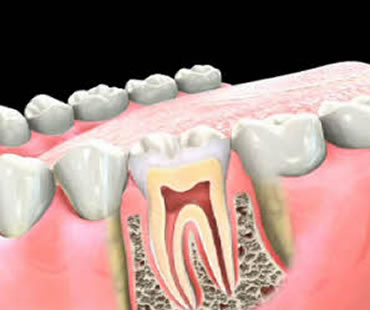Sometimes people lose teeth. It may result from tooth decay, trauma, disease, or other problems but no matter the cause, the end result can be poor mouth function and an embarrassing appearance. Luckily, dental implants provide an effective way to repair your smile and change your whole outlook on life.
Dental implants are basically replacement roots for your missing teeth. When you lose a tooth, you also lose the roots that hold it in place. Implants provide a substitute for the roots in order to anchor an artificial tooth securely in place. It requires oral surgery to get dental implants, because a small titanium post is placed directly into the bone where the missing tooth’s roots should be. As healing occurs over the next few months, the implanted post becomes part of your jaw and creates a very secure artificial root.
Once the implant has successfully attached to your jawbone, a small post is placed to hold your new tooth. A crown that matches your existing teeth is attached to the post, and your dental implant is complete. Some of the benefits you can expect from dental implants include:
- Permanent restoration
- Improved appearance
- Normal speech
- Comfort
- Easier eating
- Improved self-confidence
- Convenience
Before deciding to have a dental implant, make sure you see a qualified dentist or oral surgeon to make sure you are a good candidate. It is important to have enough bone to support the implant. If not, you may need some type of intervention to correct bone deficiency or you might be advised about a different type of restoration. But if you learn that implants are an option in your situation, you will be able to begin your journey to a beautiful smile.
We offer dental Implants for missing teeth at our Weymouth dental office















